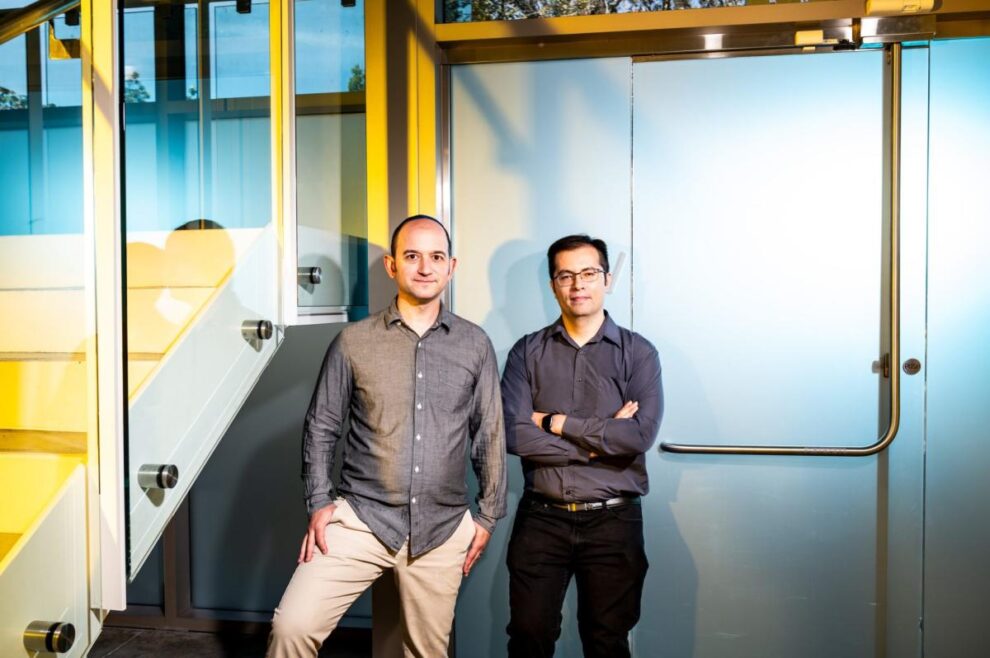
It’s the new blueprint for Big Tech companies scrambling for dominance in artificial intelligence: Hire the cofounders of a high-profile AI startup along with some of its staff.
The latest example came on Friday when Google said the cofounders of AI chatbot startup Character AI and some members of its research team would join its already substantial AI efforts. The announcement is a lot like what Microsoft did in March when it hired a big part of the workforce at AI startup Inflection, including CEO Mustafa Suleyman, and what Amazon did in June with AI company Adept.
If three is a trend, there is clearly something trendy happening in the world of AI startups—and it may not be these deals to absorb AI upstarts without actually buying them. Instead, it may be that the AI startup era itself, which has soared wildly for over two years, is beginning to implode.
Character AI started the very nascent AI chatbot craze when it debuted in 2022, cofounded by former Google researcher Noam Shazeer, who became the company’s CEO, Daniel De Freitas, who was its president. Shazeer was one of the co-authors of the seminal research paper “Attention is All You Need,” which helped to launch the Transformers architecture underpinning OpenAI’s chatbot ChatGPT and other large language models.
Character AI’s technology lets users chat and role play with real-life or fictional characters, from Queen Elizabeth to Draco Malfoy, or create customized AI companions. But Shazeer and De Freitas’ goal was never just providing AI entertainment. In 2022, the company showed its ambition in a blog post, asking, “What if you could create your own AI, and it was always available to help you with anything?” Then, in an interview with Forbes last year, Shazeer said Character AI was betting that its new models would bring its technology closer to artificial general intelligence (AGI), or when AI can perform an important task at least as well as a human.”
In March 2023, Character AI was part of among a number of LLM companies receiving eye-popping investments. It received a fresh $150 million in funding, led by Andreessen Horowitz, and a valuation of $1 billion, even though the company had no revenue. In September 2023, Character AI was reportedly in talks for yet more funding–rumored to be from Google–at a valuation exceeding $5 billion, but that round never happened.
But then Facebook-parent Meta debuted its own family of AI characters in October 2023 (it discontinued them last week while introducing a feature that let users create their own). Meanwhile, the list of AI companion startups continued to grow—the New York Times’ Kevin Roose, for example, tested six different ones a few months ago, including Nomi, Kindroid, Replika, Candy.ai, EVA, and, yes, Character AI.
Apparently, there’s not much of a business moat, or barrier to entry, when it comes to AI chatbot companions. Character AI also faced criticism early on for its lack of policing of its chatbots, including letting users create chatbots based on Adolf Hitler and Saddam Hussein. After tightening its filters, critics questioned the wisdom of letting teens make friends with chatbots or use them as AI therapists.
Character AI, however, is not alone in having a tough time in an industry in which eye-popping amounts of fundraising is required in order to survive, due to the massive cost of computing power to train the AI models. Cohere, whose CEO Aidan Gomez was a co-author on the Transformers paper, just raised a $500 million investment round amid questions of whether his company was generating enough revenue to satisfy investors. In June, Paris-based Mistral AI raised $645 million at a $6 billion valuation, even though it has just begun to generate modest revenue.
There are also OpenAI and Anthropic—the two biggest LLM startup heavyweights. While they may have the strongest chance of eventually achieving profitability, there are still questions as to whether foundation model companies can ever make money. Just last week, tech news site The Information reported that OpenAI is losing billions.
And that’s where all roads lead back to Big Tech, which is providing a refuge to some top startup founders and employees. Microsoft provided one to Inflection’s Suleyman, who is now leads Microsoft’s AI efforts. Amazon, meanwhile, adopted the team at Adept. And now Shazeer and De Freitas are back at their own stomping grounds at the Googleplex. The AI model startup era may be shaky, but don’t count on the quest for ever-more powerful AI models to fade away with Big Tech racing to keep up in the AI wars.
This story was originally featured on Fortune.com












